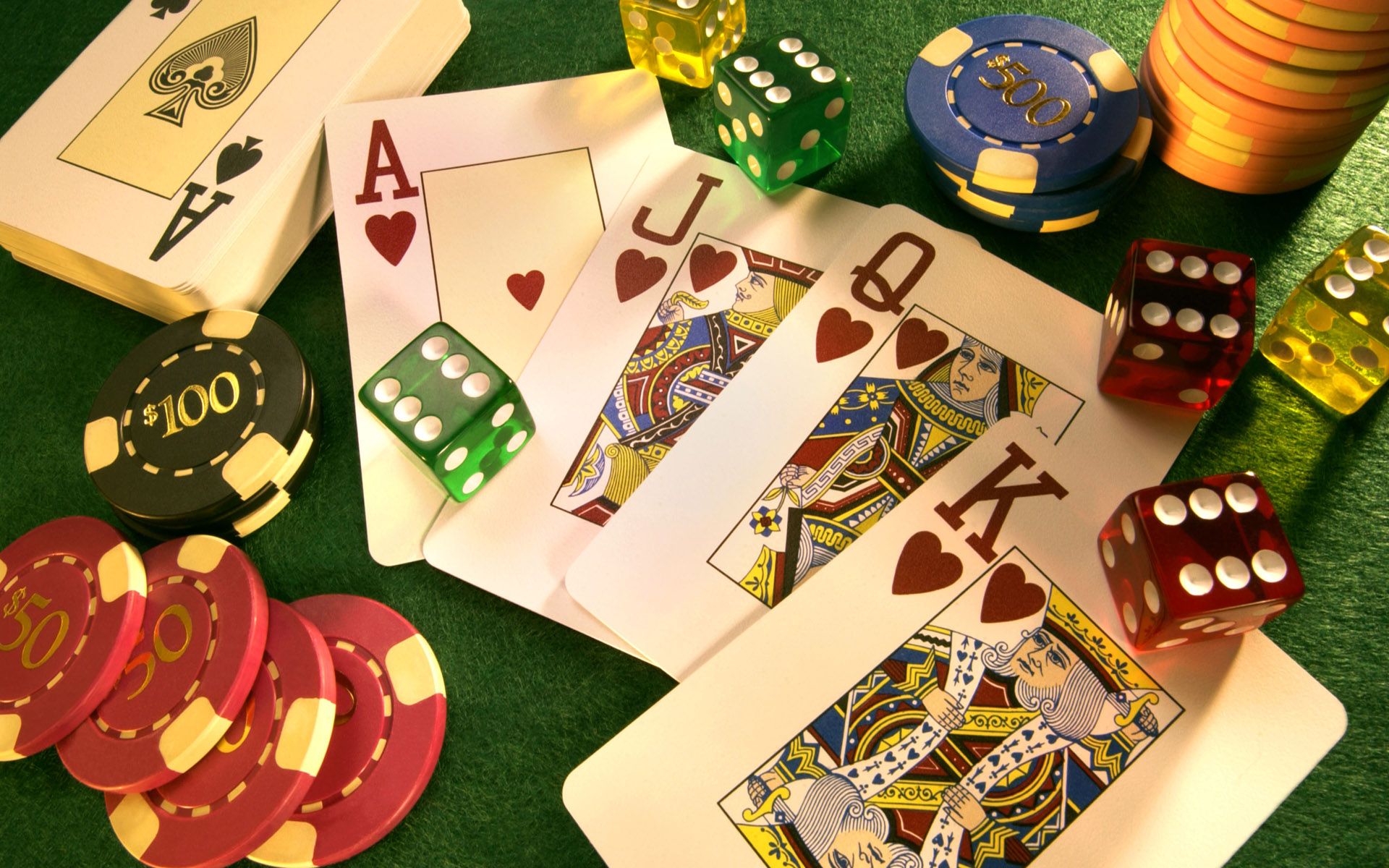In the vibrant world of casinos, not many games seize the interest and enthusiasm of players quite like slot machines. The blinking lights, engaging sounds, and the thrill of potentially hitting a jackpot render casino slots a favorite choice for many people. However, under the captivating exterior lies a sophisticated system known as slot algorithms that regulates how these games operate. Comprehending how these algorithms work boosts the appreciation for the game and aids players make more informed choices.
Here, we is taking a deep dive into the mechanics of slot algorithms, unraveling the intricacies that dictate everything from reel spins to payout rates. This article will explore how randomness is obtained, the role of return-to-player percentages, and the diverse types of slot machines available at present. Whether you are a seasoned player or a newcomer eager to understand more about casino slots, this exploration will provide valuable insights into how these popular games work.
Comprehending Slot Algorithms
Slot algorithms are the core of gambling slot machines, establishing how each turn generates results. At the heart of these algorithms are RNGs, commonly referred to as RNGs, which guarantee that each turn is entirely random and independent from the prior spin. nhà cái King88 This arbitrariness is essential for maintaining fairness in the experience, permitting players to have a reasonable anticipation of winning based on chance instead of predictable outcomes.
In addition to RNGs, machine algorithms use different programming methods to manage the game’s functions. The Return to Player ratio, or RTP, is a crucial element that players should consider. This figure shows the mean quantity of money that players can anticipate to get back over the long term. For illustration, a slot with an RTP of 96% will theoretically return 96 USD for every 100 dollars bet, although actual results can vary greatly in the immediate future due to the arbitrariness of every spin.
Additionally, slots include features like variance and strike rate, which guide the player’s experience and possible payouts. High variance slots provide larger jackpots but fewer regular returns, whereas low volatility machines provide greater consistent, lesser payouts. Understanding these factors helps players choose the games that fit with their strategies and risk, ultimately improving their experience in the casino slots environment.
Types of Slot Machines
Slot machines come in various types, each offering unique gameplay experiences. The traditional slot machines, often referred to as fruit machines, are characterized by their straightforward design with three reels and a few number of paylines. These machines typically feature traditional symbols such as fruits, bar symbols, and number seven. They are designed for gamers who enjoy a simple gaming experience without intricate bonus features. The appeal of classic slots lies in their sentimental value and simplicity, making them well-liked among both new and seasoned players.
Modern video slots have transformed the casino slots game landscape by incorporating cutting-edge graphics, animations, and immersive themes. These machines usually feature 5 or more reels and multiple paylines, providing players with a variety of ways to win. Video slots often include captivating bonus rounds, complimentary spins, and interactive elements that enhance the overall experience. This type of slot machine caters to a broad spectrum of players, as they can find games based on popular movies, video games, or fantasy themes, making the gameplay more engaging.
Progressive slots are another thrilling variant that attracts those looking for life-changing wins. In these machines, a tiny portion of each bet contributes to a cumulative jackpot that continues to grow until someone hits the big win. Progressive slots can be found in both classic and video formats, and they often come with diminished base payouts but offer the enticing chance to win huge prizes. This combination of high risk and high reward is attractive to players who seek thrills in their casino slots game experience.
The Role of Randomness in Slots
In the realm of casino slot machines, randomness is the heartbeat that makes certain each spin is one-of-a-kind and unpredictable. This factor is crucial because it generates the excitement of possible payouts and keeps players absorbed. The randomness is typically generated by RNGs, which are programs designed to generate a series of numbers that are devoid of any predictable pattern. This technology simulates the randomness of traditional mechanical slots, ensuring that modern digital games maintain the same level of surprise.
Every time a gambler pushes the spin button, the RNG decides the result of that individual spin, influencing the symbols that appear and whether a player will be awarded any rewards. This means that each spin works independently from the last spins, and the odds remain constant despite the results of past spins. This feature of randomness stops players from creating systems that could outsmart the house edge, supporting the idea that slots are games of chance where fortuna plays a crucial role.
In addition, the integration of randomness in casino slot machines also encourages honesty and equity. Game developers must comply with strict regulations, making sure that their RNGs produce findings that are genuinely random and neutral. This commitment to honesty helps build trust between gamblers and casinos, giving them assurance that every spin offers a equal chance at winning. Ultimately, the role of randomness not only powers the thrill of casino slots games but also protects the justice essential to their attraction.

